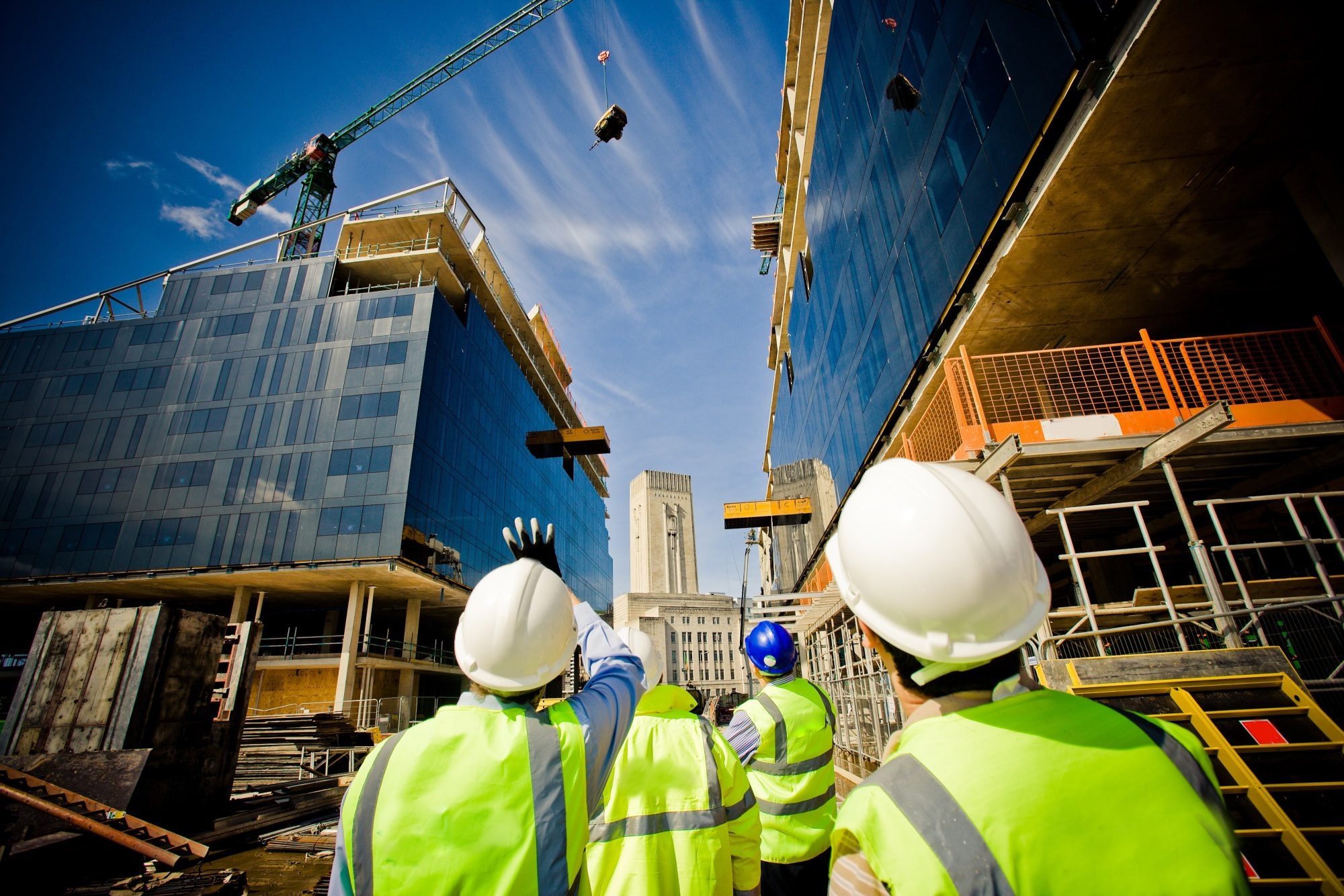As the world continues to evolve, so too does the need for construction projects on an industrial scale. These large-scale projects have a significant impact on our environment, society, and economy. Understanding this impact is crucial to constructing visions that are sustainable and beneficial for all.
In this article, we will explore the various ways in which industrial construction projects can have an impact and how we can work towards creating a more positive future through responsible construction practices.
Environmental Impact
One of the most significant impacts of industrial construction projects is on the environment. These projects often involve clearing large areas of land, emitting pollutants into the air and water, and disrupting natural habitats. This can have devastating consequences for local ecosystems and biodiversity.
To minimize the environmental impact of construction projects, it is crucial to consider sustainable practices such as using renewable energy sources, implementing green building techniques, and properly disposing of waste. By incorporating these practices into construction projects, we can reduce our carbon footprint and preserve natural resources for future generations.
Social Impact
Construction projects also have a significant impact on the communities in which they take place. These projects can create jobs and economic opportunities, but they can also disrupt the lives of residents. This is especially true for marginalized communities which may be disproportionately affected by noise, pollution, and displacement.
To mitigate the negative social impacts of industrial construction projects, it is essential to involve local communities in the planning process and prioritize their needs and concerns. This can include providing job opportunities for residents, implementing noise and pollution control measures, and creating affordable housing options for those who may be displaced.
Economic Impact
The economic impact of industrial construction projects is often seen as a positive one, as it can bring in new jobs, stimulate economic growth, and increase property values. However, these projects can also have negative impacts on the local economy, such as increased traffic and strain on infrastructure.
To ensure a more balanced economic impact, it is crucial to carefully plan and manage these projects. This includes considering the long-term effects of construction on the local economy, investing in infrastructure upgrades or improvements, and balancing growth with sustainable development.
Responsible Construction Practices
To address the various impacts of industrial projects, responsible construction practices must be put at the forefront of development strategies. This means considering the implications for heavy transport, which plays a critical role in the logistics of construction. Proper planning for transport routes, vehicle emissions, and the wear and tear on infrastructure is essential for reducing congestion and maintaining the fabric of local roadways.
Heavy transport solutions should prioritize efficiency and environmental considerations, such as the deployment of low-emission vehicles and the optimization of load carrying to reduce the number of trips required. By focusing on these factors, industrial construction can proceed with a heightened awareness of its carbon footprint and strive for a balance between progress and preservation.
Aside from heavy transport, responsible construction practices also involve incorporating sustainable materials and designs into projects. This includes using recycled or locally sourced materials, implementing energy-efficient systems, and designing for longevity and adaptability.
For example, using sustainable building materials such as bamboo or earth blocks can reduce the carbon footprint of construction, while also promoting economic growth in local communities. Similarly, incorporating renewable energy sources like solar panels can decrease reliance on fossil fuels and reduce long-term operational costs.
Moving Towards a More Positive Future
Industrial construction projects have a significant impact on our environment, society, and economy. However, by considering responsible and sustainable practices, we can work towards creating a more positive future for everyone.
This includes involving local communities in the planning process, prioritizing environmental conservation, and balancing economic growth with responsible development. By constructing visions that are holistic and forward-thinking, we can create a more sustainable world for ourselves and future generations.
So let’s continue to strive towards responsible construction practices, and in doing so, create a better future for all. Let’s construct visions that not only benefit us but also the planet as a whole.
